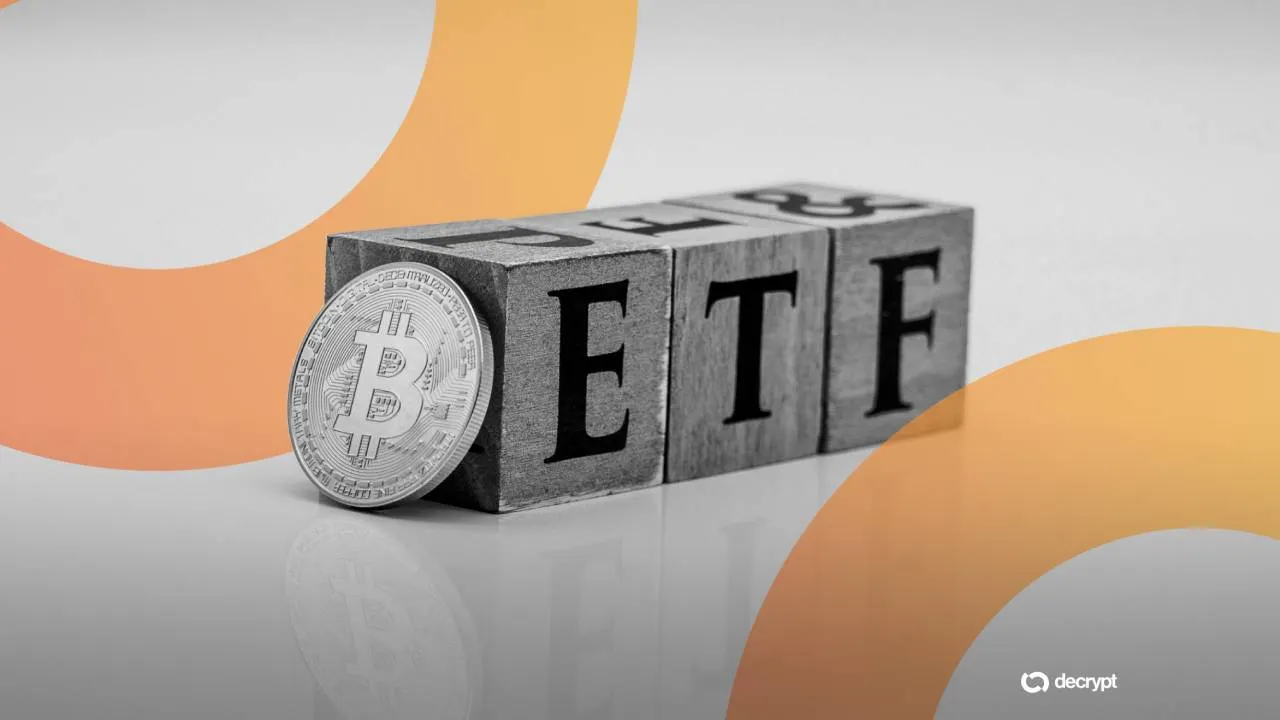Bitwise and 21Shares Add Staking, Slash Fees in Latest Solana and Ethereum ETF Filings

News Summary
Major crypto ETF issuers Bitwise and 21Shares have updated their crypto funds, adding staking features and cutting fees. This follows Grayscale's recent introduction of staking in its U.S. Ethereum ETFs. Bitwise officially renamed its product to the “Bitwise Solana Staking ETF” and introduced a 0.20% unitary management fee, waived for the first three months on the first $1 billion in assets, undercutting most competitors. 21Shares enhanced its 21Shares Ethereum ETF (TETH) by adding staking and waiving its 0.21% sponsor fee for 12 months. Staking allows these funds to earn rewards by helping secure blockchains like Solana or Ethereum, with rewards flowing back into the ETF to provide investors with additional income beyond price gains. Analysts suggest this move could ignite a “fee war” similar to the one preceding the SEC's approval of U.S. Bitcoin ETFs last January, with staking yield becoming a key battleground.
Background
The U.S. market for cryptocurrency exchange-traded funds has rapidly evolved since the Securities and Exchange Commission (SEC) approved spot Bitcoin ETFs in January 2024. This approval opened new avenues for institutional investors to gain exposure to digital assets and sparked intense competition among issuers, particularly regarding fees, often dubbed a "fee war." Cryptocurrencies like Ethereum and Solana utilize a Proof of Stake (PoS) mechanism, allowing holders to "stake" their tokens to participate in network validation and earn rewards. Integrating staking functionality into ETFs aims to provide investors with a simpler way to access these yields while bypassing the complexities of direct staking management.
In-Depth AI Insights
What are the strategic implications of introducing staking and fee cuts for the long-term structure and competitive dynamics of the crypto ETF market? - The introduction of staking and fee cuts signals a significant shift in the crypto ETF market from pure price exposure to yield-seeking. This could accelerate institutional adoption by making these products more akin to traditional income-generating assets. - Competition will intensify beyond low-cost passive tracking to integrate active yield strategies, potentially leading to margin compression for issuers and forcing smaller players out or into consolidation. - Product differentiation may emerge, with some ETFs focusing on pure price exposure and others emphasizing optimized staking yields, adding complexity to investor choices. How might this 'yield battle' influence the broader regulatory stance on crypto assets under the incumbent Trump administration? - The Trump administration's generally pro-business and innovation-friendly stance could foster a relatively supportive environment for crypto market development. However, as crypto financial products become more sophisticated, regulators, particularly the SEC, may intensify scrutiny on staking mechanisms to ensure transparency and investor protection. - The volatility and potential risks (e.g., slashing) associated with staking yields could prompt regulators to develop clearer guidelines, which are crucial for institutional investors seeking stability and predictability. - The intense competition among market participants, particularly the fee war, might raise antitrust concerns, pushing regulators to focus on market fairness and concentration issues. What are the second-order effects for investors holding direct crypto assets versus these new staking ETFs? - Staking ETFs offer a simplified approach to yield generation, appealing to investors who prefer not to manage staking directly. This could lead some direct holders to shift towards ETFs for operational convenience, potential tax efficiencies, and enhanced liquidity. - While ETFs offer convenience, direct holders typically retain full control over their assets and potentially higher staking yields. The proliferation of ETFs could further validate the crypto asset class, attracting more capital inflow and indirectly benefiting all market participants. - In the long run, the fee structures of ETFs could exert downward pressure on average direct staking yields, as issuers seeking competitive advantage pass on a significant portion of the rewards to investors.